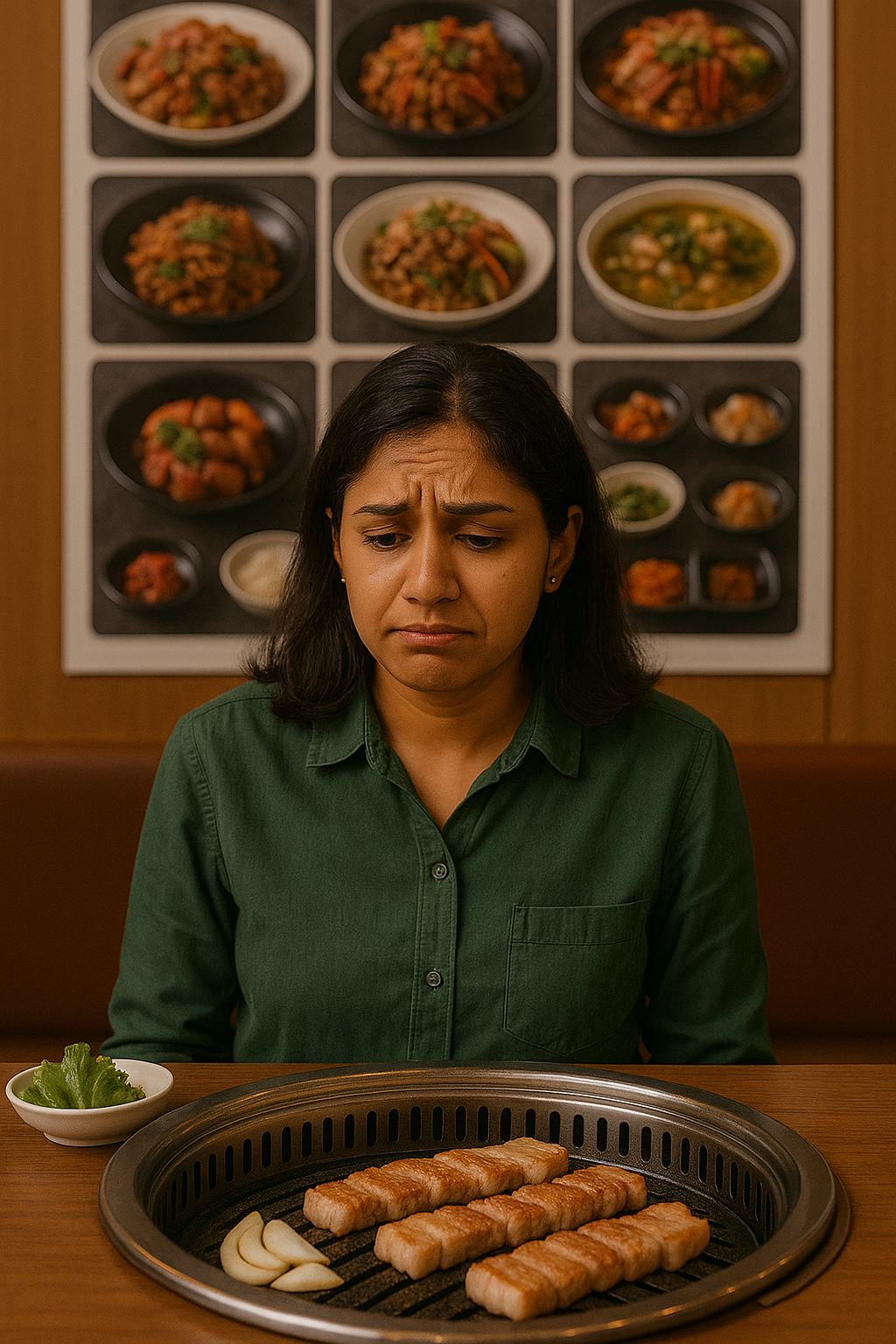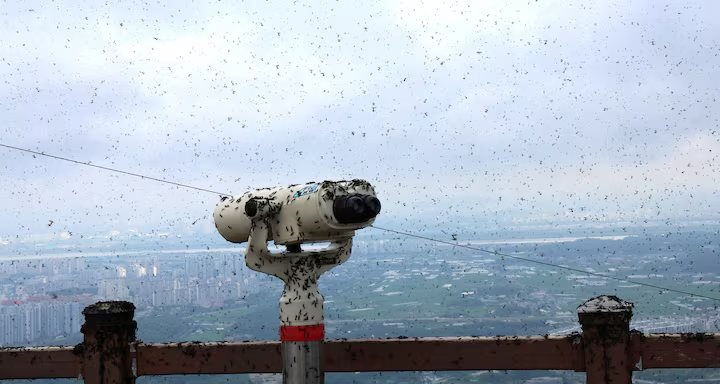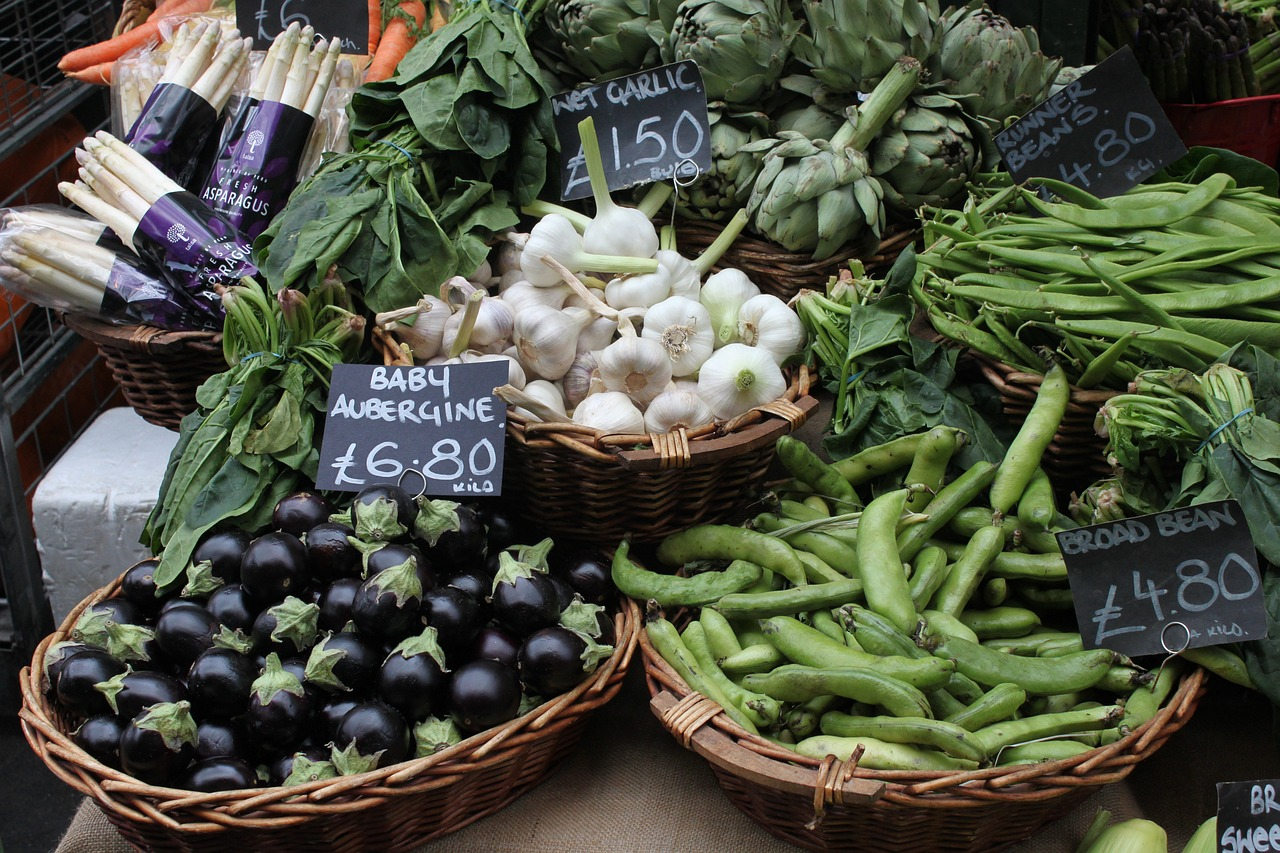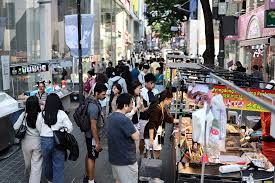| 최초 작성일 : 2025-08-23 | 수정일 : 2025-08-23 | 조회수 : 53 |

"Indian student’s viral video spotlights difficulties of being vegetarian in South Korea" [Times of India, Aug. 2025]. An Indian student living in South Korea went viral after lamenting that “there is nothing to eat without meat.” His video highlighted cultural clashes and sparked wider debate on inclusivity. ----------------------------------- A short video posted by an Indian student in South Korea drew worldwide attention. In the clip, the student lamented how difficult it was to live as a vegetarian in Korea, exclaiming, “I am dying here, because there is nothing I can eat without meat.” His words resonated far beyond personal inconvenience. They raised a pressing question: how open is Korean society to cultural diversity in everyday life? At first glance, this may appear trivial. Korea is known for its meat-centric food culture, where pork belly, barbecue, and fried chicken are staples of both daily life and social gatherings. Yet for someone whose identity is bound to vegetarianism—whether for religious, ethical, or environmental reasons—this cultural environment is not simply inconvenient, but deeply alienating. The student’s frustration became symbolic of the broader challenges faced by minorities whose identities are not aligned with mainstream practices. The issue is not just about food. It is about identity, respect, and the capacity of a society to embrace difference. In an era where Korea hosts hundreds of thousands of foreign students and workers, the discomfort of one Indian vegetarian reflects larger systemic questions. Are we truly ready to honor diversity? Do we regard alternative lifestyles as legitimate, or as mere inconveniences? This article will use theories from anthropology, sociology, and cultural studies to interpret why such conflicts arise, how they are explained academically, and what this means for Korea’s future as a global society.
To understand why vegetarianism is so difficult in South Korea, we must first look at the theoretical lenses that scholars use to interpret such cultural clashes. 1. Cultural Relativism Cultural relativism, rooted in anthropology, argues that cultural practices should be understood within their own context rather than judged by external standards. While vegetarianism is normalized in India or the West, in Korea it is often seen as eccentric. From a relativist perspective, neither side is superior; they are simply different. Respect arises from recognizing this plurality. 2. Hofstede’s Cultural Dimensions Geert Hofstede’s model highlights how national cultures differ across dimensions such as individualism vs collectivism and uncertainty avoidance. Korea’s collectivist tendencies emphasize group meals and conformity. Refusing meat at a communal table can be seen as breaking social harmony. Additionally, high uncertainty avoidance makes Korean society resistant to unusual practices like strict vegetarianism. 3. Social Identity Theory Henri Tajfel and John Turner’s social identity theory emphasizes that individuals define themselves by group memberships. Vegetarianism is more than diet; it is a social identity tied to ethics, religion, or environmental values. When this identity is ignored or trivialized, it threatens the individual’s sense of belonging. 4. Life Politics Anthony Giddens’ concept of life politics refers to how personal lifestyle choices—such as diet, fashion, or consumption—carry political and ethical meanings. Vegetarianism is a form of life politics, expressing positions on climate change, animal rights, and sustainability. Denying its legitimacy is not just dismissing preference but silencing a political voice. 5. Summary Together, these theories highlight how food is not just about sustenance, but about culture, identity, and politics. They provide a lens for analyzing why vegetarianism becomes a site of conflict in South Korea.
Applying these theories reveals why the Indian student’s frustration resonated so widely. 1. Cultural Relativism in Practice From the Korean perspective, meat is central to social dining. From the Indian vegetarian’s perspective, avoiding meat is a sacred obligation. The clash is not about preference but about two legitimate cultural systems colliding. The problem lies in the lack of cultural relativism in Korean responses, where vegetarianism is often dismissed as strange. 2. Hofstede’s Dimensions and the Korean Table Korean collectivism makes shared meals a key bonding ritual. A vegetarian disrupts this harmony, unintentionally becoming “the odd one out.” Uncertainty avoidance further explains why Koreans question vegetarianism rather than accept it—“Why would you refuse meat?” These structural cultural traits push vegetarians to the margins. 3. Social Identity and Belonging For vegetarians, diet is identity. When forced to compromise at Korean tables, their identity feels invalidated. The viral phrase “I am dying here” captures the psychological alienation when one’s core values are denied recognition. 4. Life Politics and Political Voice The student’s video was powerful not only because it described inconvenience but because it implicitly asked: Does Korean society respect ethical lifestyles? Vegetarianism is part of global discourses on climate, animal rights, and sustainability. Ignoring it signals a gap between Korea and global norms of inclusivity. 5. UGC and Amplification The student’s video became viral thanks to user-generated content dynamics. One person’s experience spread globally via social media, turning private frustration into public debate. This shows how individual stories can transform into collective issues in the digital age. .6 Concluding Note Thus, the Indian student’s story is not an isolated complaint but an example of how cultural norms, identity, and politics intersect at the dinner table. Korea’s lack of vegetarian-friendly infrastructure reflects its limited inclusivity, and the overemphasis on meat-heavy diets also raises health concerns. Excessive meat consumption is linked to long-term health risks, suggesting that this debate is relevant not only for minorities but for society as a whole.

1. Diversity as a Necessity Korea’s future as a global society requires institutionalizing diversity. Vegetarian options in public cafeterias, universities, and dormitories must become standard. This is not generosity but a baseline of inclusivity. 2. Industrial Opportunity The global vegetarian and vegan food market is booming. Korea can seize this opportunity by developing plant-based Korean cuisine—vegan bibimbap, plant-protein bulgogi, or temple-inspired menus—for both domestic and global audiences. Inclusivity can drive new economic growth. 3. Balancing Community and Choice Korea’s communal dining culture is a strength but must evolve. Respecting minority choices—preparing vegetarian alternatives at gatherings—strengthens rather than weakens social bonds. 4. Health and Environment Vegetarianism highlights sustainability. Excessive meat consumption poses health risks (cancer, obesity, heart disease) and worsens climate change. Respecting vegetarianism aligns with public health and environmental goals. 5. Policy and Social Initiatives Mandatory vegetarian options in public institutions. Government support for vegetarian restaurants and certification. Public education on diversity and sustainability in schools. Cross-cultural programs fostering understanding between Koreans and foreign residents. 6. Conclusion The message is simple: small acts of accommodation create stronger societies. Respecting dietary differences is not a burden but a path to healthier, more inclusive, and globally connected Korea.
The Indian student’s viral complaint was not just about food; it was about belonging and recognition. When one’s plate is dismissed, so too is one’s identity. Food is political. It shapes our sense of self, our community, and our values. To dismiss vegetarianism is to ignore a legitimate way of life that carries ethical and global significance. Yet this incident is not only a critique of Korea; it is an opportunity. An opportunity to broaden cultural understanding, to rethink excessive meat consumption, and to align with global movements toward sustainability. Respect begins at the dinner table. When Korea learns to respect the “other’s plate,” it does more than accommodate foreigners; it strengthens its own path toward health, sustainability, and global relevance. As the student’s voice reminds us: respecting what others eat is ultimately respecting who they are. And in that respect lies the foundation of a truly global society.














